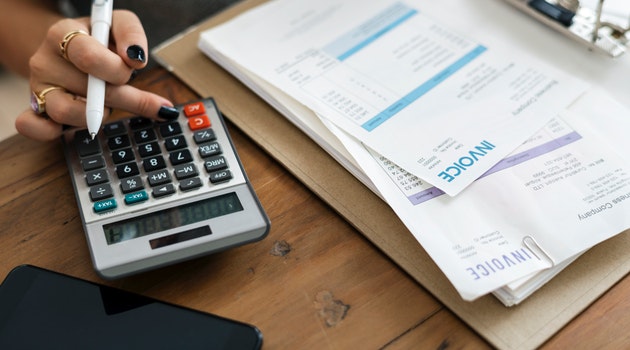The idea of turning the sun’s energy into electricity that we can use to power our daily appliances seems like a space-age concept. But solar power is something that we can actually use today.
These days, we have products like solar lights and solar batteries that can help us take advantage of the sun’s rays. However, we’ve still got some development to go before we can harness the full power of the sun and use it to power our entire homes. For now, consider it as a supplemental energy supply.
So in this post, we will cover some of the most common questions and answers regarding solar power today. Hopefully, this post will give you a better understanding of how solar energy works and how you can take advantage of it.
Question 1: How does solar power work?
Solar energy is rather tricky to explain.
However, the technology’s basic gist is that it converts sunlight into electricity by using photovoltaic panels or mirrors that concentrate solar radiation. This is then used to generate electricity stored in special batteries or thermal storage before being used.
It’s challenging to fit a more detailed explanation in a few words, so you should check out this informative article from https://www.energy.gov on how solar energy actually works. It goes through the basics of photovoltaic systems and how the energy is stored and used.
Question 2: Will solar power save me money on my electricity bill?
Perhaps the biggest question on people’s minds is if they can save money by using solar power. In short, yes. However, there are many considerations to keep in mind. For example, you must factor in how much solar energy your location might produce and the cost of solar panels.
But to keep it short, solar panels save you money because they can power specific devices in the home. You can think of it as purchasing your own little power station that generates electricity from the sun. However, keep in mind that current solar technology is quite expensive and isn’t very efficient. This downside means you won’t be able to power your entire home but rather a few devices or systems.
Question 3: How much does solar power cost?
Solar panels can vary in costs depending on the current energy situations and deals available. However, you will recover most of these costs for 10 to 20 years. This means that you should only really consider solar power if you plan to live in your current home for a long time.
However, you can cut down the costs of adopting solar panels by considering services like ChooseSolar. By splitting the cost burden between multiple people, it’s possible to take advantage of solar power at a fraction of the cost. This service isn’t available to every location. However, it’s worth considering if the solar power cost is too high for you to invest in.
 Question 4: Can I only use solar power during the day?
Question 4: Can I only use solar power during the day?
Solar panels will only generate electricity when the sun is out. They might also work less efficiently when there are lots of clouds. This is because it works more efficiently when it has a direct view of the sun.
This doesn’t mean that you can’t make use of solar panels when the sun is down. Most systems will produce energy and store it in batteries. This allows you to use some of the solar power at night when it’s not producing anything.
Question 5: When will solar power overtake traditional power?
Solar power improves continuously as time goes on. It’s becoming cheaper, more efficient, and ultimately more accessible. To make things even more promising, solar power is actually starting to get noticed by governments around the world. This has led to tax credit schemes that encourage people to switch to solar power when possible for more savings.
But when exactly will solar power take over traditional power?
It’s hard to say for sure, but we’re already seeing mass adoption across the world, especially in places where the sun is visible for long periods throughout the day. However, we likely won’t be getting rid of traditional power for a very long time. Instead, we expect solar power to supplement regular power generation to help offset the costs as we gradually shift to renewable energy sources.
It’s going to be a slow process, but we’ll get there eventually.


